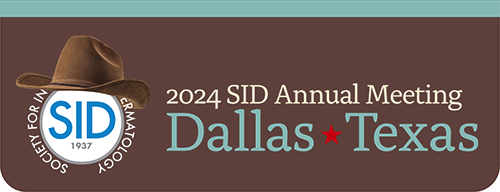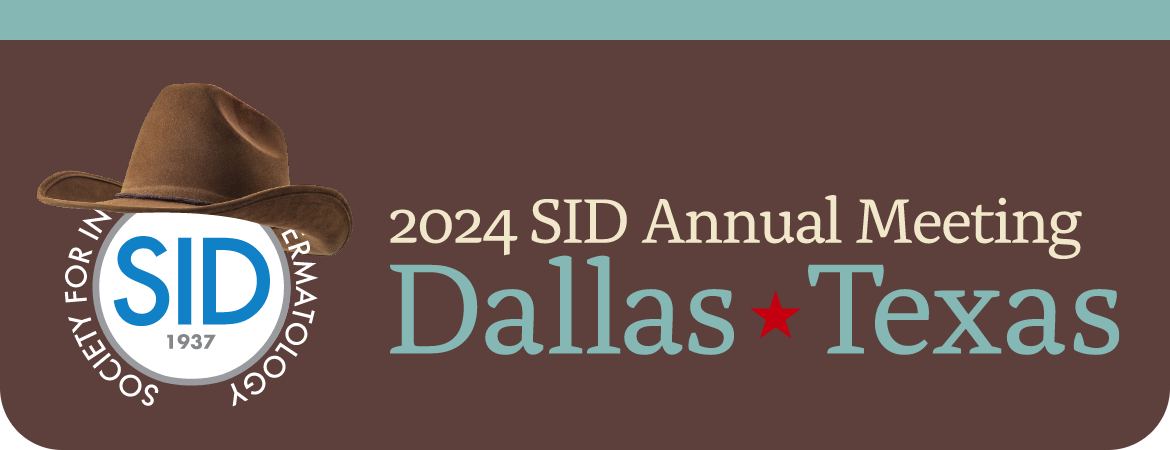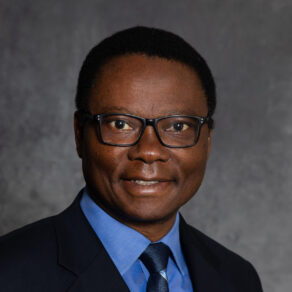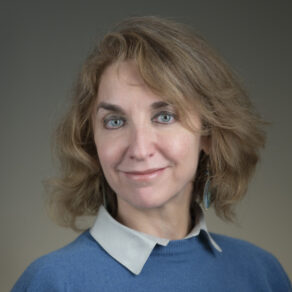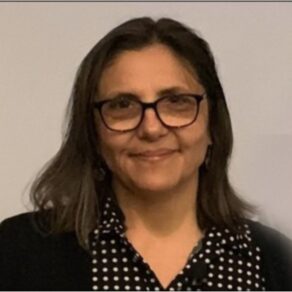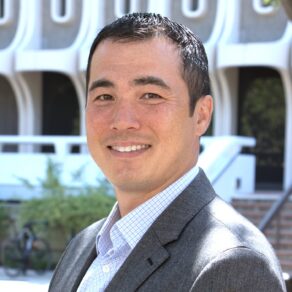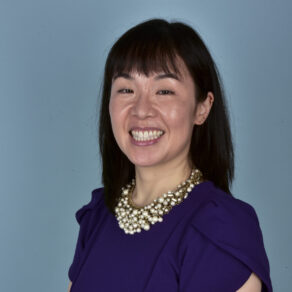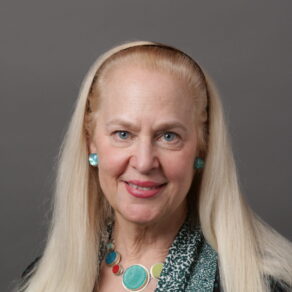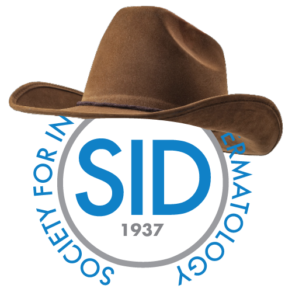
Stephen Rothman Memorial Awardee (KY)
Kim Yancey, MD, University of Texas Southwestern Medical Center, Dallas, TX
A native of Georgia, Kim B. Yancey, M.D., is Professor and Chair of the Department of Dermatology at UT Southwestern Medical Center. After graduating from the University of Georgia, summa cum laude and valedictorian, he earned his medical degree (Alpha Omega Alpha) from the Medical College of Georgia and performed his residency training there. A National Institutes of Health-funded researcher for more than 25 years, Dr. Yancey completed a postdoctoral fellowship in immunodermatology in the Dermatology Branch of the National Cancer Institute at the National Institutes of Health (NIH). He is certified by the American Board of Dermatology, and also holds special competence in Dermatologic Immunology and Diagnostic Laboratory Immunology.
In 1985, Dr. Yancey joined the faculty of the Uniformed Services University of Health Sciences in Bethesda, Maryland as an Assistant Professor of Dermatology and was later promoted to Associate Professor, serving as Acting Chairman from 1990 to 1993. At the Uniformed Services University he was the only dermatologist on the full-time faculty, with responsibilities primarily related to investigative work. He also provided clinical services as a supervising physician at Walter Reed Army Medical Center, Bethesda Naval Hospital, and the National Institutes of Health. Further pursuing his interest in biomedical investigation, Dr. Yancey re-joined the Dermatology Branch of the National Cancer Institute in 1993 as a Tenured Senior Investigator at the NIH. His NIH laboratory focused on mechanisms of keratinocyte adhesion to epidermal basement membrane and the pathophysiologic basis of autoimmune and inherited blistering diseases.
In 2001, Dr. Yancey was invited to join the faculty of the Medical College of Wisconsin (MCW) in Milwaukee as Professor and Chair of the Department of Dermatology. He divided his time among clinical, teaching, research, and administrative responsibilities at MCW, Froedtert Hospital, and the Zablocki Veterans Affairs Medical Center. Dr. Yancey joined UT Southwestern in 2007 as Professor and Chair of the Department of Dermatology. His professional efforts focus on research, clinical care, education, administrative activities, and directing a team of over 25 dermatologists.
Dr. Yancey is a member of the American Society for Clinical Investigation, the Society for Investigative Dermatology, the Dermatology Foundation, the American Academy of Dermatology, the American Dermatological Association, and numerous other professional organizations. He is a former Director and Vice President of the American Board of Dermatology, a former President of the Society for Investigative Dermatology, a former Deputy Editor of the Journal of Investigative Dermatology, the current President of the Dermatology Foundation, a member of the Board of Directors of the Association of Professors of Dermatology, and a member of several editorial boards.
He was included in D Magazine‘s Best Doctors list for 2018, 2020, 2021, and 2022. In 2007, he received the American Academy of Dermatology’s Marion Sulzberger Award. He has published numerous research manuscripts, monographs, and chapters, served on an array of grant review panels, and presented more than 150 scientific abstracts and invited lectures in the U.S. and abroad.
About the Award:
The Stephen Rothman Memorial Award is presented annually for distinguished service to investigative cutaneous medicine. The recipient of this award has made major scientific achievements and excelled as a teacher and recruiter of outstanding dermatologists. The recipient is also an individual who has distinctly altered the course and image of dermatology or its allied fields. It is the Society’s highest award.
